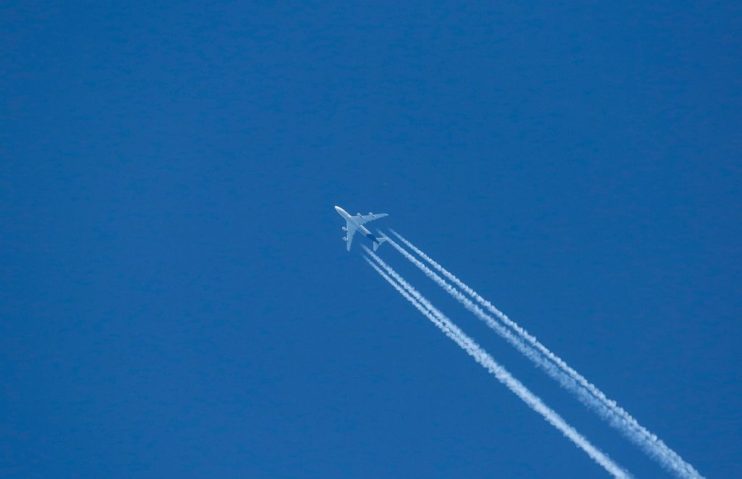Airlines face quadruple costs for jet-fuel alternatives, new report warns

The cost of sustainable aviation fuels (SAF) will remain up to four times higher than jet fuel until 2050, according to new analysis from Bain and Co, feeding concerns over the affordability of a key component of airlines’ current net zero strategy.
Consulting firm Bain and Co’s new report found that SAF prices in 2050 will remain two to four times higher than the average historical price of Jet A fuel, the most commonly used aviation fuel over the last decade.
The sector would also need to invest up to $2.1trn (£1.69trn) to produce enough to hit 2050’s net zero targets. This, combined with the high maintenance costs of new aircraft, would mean airlines’ costs would rise 18 per cent, prompting a hike in ticket fares.
Airlines have touted SAF – made using food waste and cooking oil – as an essential component of the push to decarbonise.
However, there have been growing fears in the sector over the cost and supply of climate-friendly biofuels.
In May, Boeing boss David Calhoun told the Financial Times he didn’t think SAF would “ever achieve the price of Jet A”.
At Lufthansa’s annual general meeting in the same month, CEO Carsten Spohr warned that the supply of the “expensive fuel” was far too small, with production “getting into gear slowly.”
Bain and Co’s analysis found that with current policies, total SAF supply would still be limited to 35 per cent of the projected demand for global jet fuel by 2050.
The report calls for more government incentives and a strategy to “secure an affordable supply” of the biofuel, which it argues could raise production to 60 per cent of demand.
Jim Harris, co-leader of Bain and Co’s aerospace, defence and government services practice, said “as air traffic continues to grow, airlines are under increasing pressure to reduce emissions in service of their 2050 net zero goals.”
“Unfortunately, many of the technologies the industry needs to decarbonise are unlikely to be operating at scale by 2050.”
Conroy Gaynor, an aviation analyst at Bloomberg, said: “Airlines are looking at SAF as a scientifically viable solution to reduce emissions and move toward net zero, but making this commercially viable at scale banks on a significant increase in availability and a reduction in price.”
“Low costs have been instrumental in the proliferation of travel, and particularly budget carriers.”